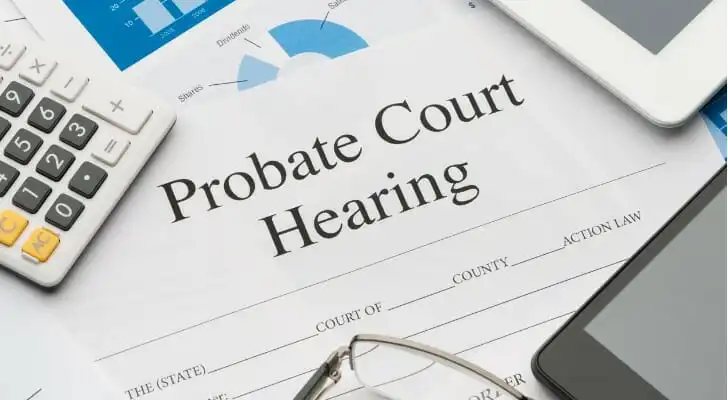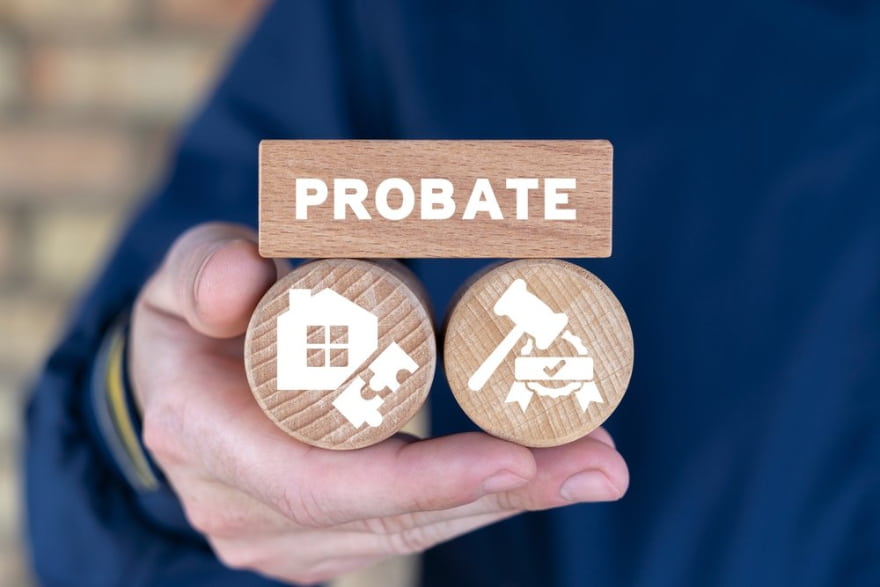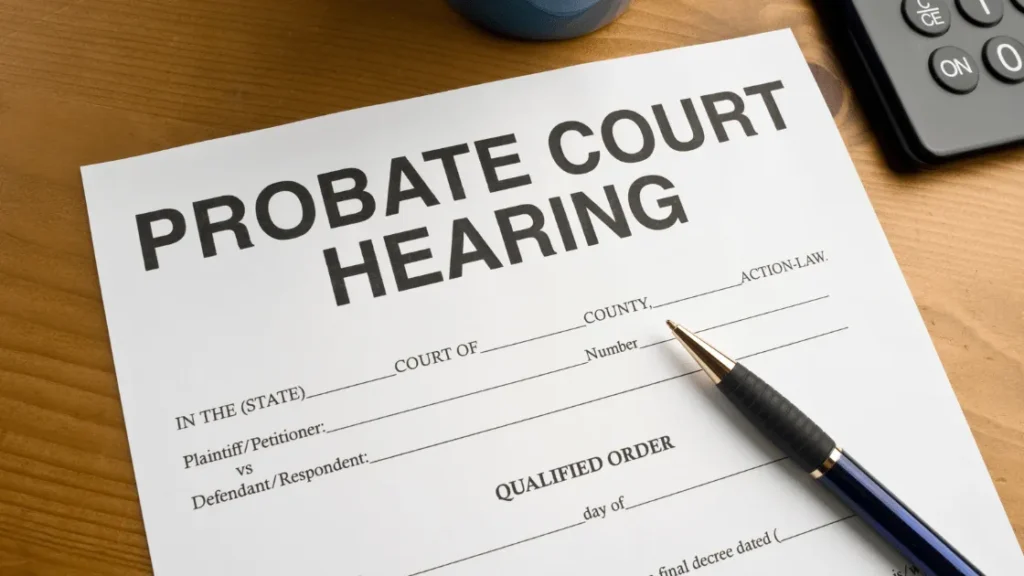Understanding the Probate Process in Texas: A Step-by-Step Guide
The probate process in Texas can be complex and daunting, especially for those who are unfamiliar with legal procedures. This guide aims to break down the probate process into manageable steps, helping individuals understand what to expect when navigating this important legal journey.
From filing the initial application to the court's final decision, each step in the Texas probate process has specific requirements and timelines. For instance, it typically begins with the executor filing the will with the probate court, followed by notifying beneficiaries and creditors. Understanding these steps can alleviate confusion and ensure compliance with Texas probate laws.
Common Myths About Probate in Texas: Debunking Misconceptions
There are many misconceptions surrounding probate in Texas that can lead to unnecessary anxiety and confusion. This section aims to debunk common myths, providing clarity on what probate truly entails and what individuals can expect during the process.
For example, one prevalent myth is that all estates must go through probate, but this is not always the case. Small estates may qualify for simplified procedures, and certain assets can bypass probate altogether. By understanding these nuances, individuals can make informed decisions regarding their estate planning.
Choosing the Right Probate Attorney in Texas: Key Considerations
Finding the right probate attorney is crucial for a smooth probate process. This section emphasizes the importance of selecting an attorney who specializes in Texas probate law and understands the unique nuances of the state's legal system.
Key considerations include the attorney's experience, communication style, and familiarity with local probate courts. Additionally, it's beneficial to seek referrals and read reviews to ensure the attorney has a solid track record of successfully handling probate cases in Texas.
Probate Alternatives in Texas: Exploring Options Beyond Traditional Probate
While probate is a common legal process for settling an estate, many individuals may seek alternatives that can simplify or expedite the distribution of assets. This section explores various probate alternatives available in Texas, such as living trusts and small estate affidavits.
For instance, a living trust allows individuals to transfer assets outside of probate, ensuring a quicker and often less costly distribution. Understanding these alternatives can provide individuals with more options for effective estate planning and asset management.










